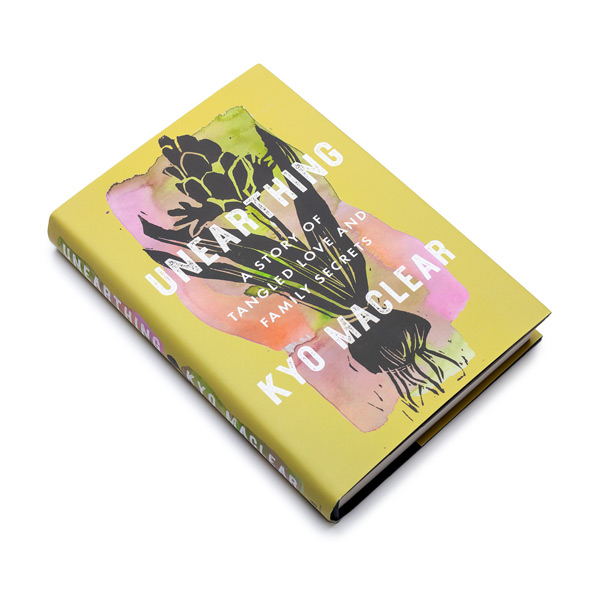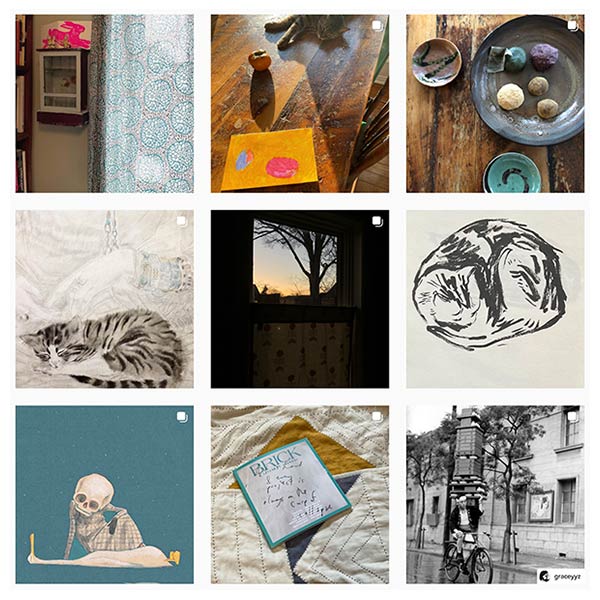My job as a mail recovery worker involved restoring more ordinary things. Lesser goods. The sort of things that fell into the cracks of people’s couches or cropped up at neighborhood flea markets. Boy scout badges, vacation photos, magic markers, teeth molds. A medical x-ray. A book of Sufi poetry. A Leonard Cohen audio cassette. Nothing was too small to matter to someone, somewhere.
Every day, inquiring letters arrived at my desk. Some had photos of the lost object enclosed; some attached a hastily sketched facsimile. Many letters contained exceptionally detailed narratives, proceeding on the assumption that an item was likely to be handled more carefully and/or returned more promptly if it was given a personal identity.
“Moo-moo” has been part of the family for generations. Over the years, he has traveled to Birmingham, Berlin, Montreal and the Hamptons. I sincerely hope he can be found and forwarded to my grandson at the enclosed address.
Others were written in handwriting distorted by grief.
All we have left of our son Stewart is a toothbrush, a digital wristwatch and a few other personal effects, which the Hospital gave us in a clear plastic bag when we went to sign the death forms. We were sending a few of these keepsakes on to his brother in Yellowknife…
A few people chose to write their letters from the object’s vantage point.
I am a silver heart-shaped locket. If you open my belly you will see a tiny picture of a man with wavy blond hair and a tan. That man sent me to the woman who he plans to marry but I must have got lost on the way. I am anxious to be united with her…
Once in awhile there was a cranky, blaming letter about bureaucratic incompetence. (These tended to be in uppercase and full of demonstrative punctuation.)
I am unfailingly amazed at your gross ineptitude. twice this year, i have sent a package that has not arrived at its intended destination. are your postmen pilfering from their customers?! this is a publicly-funded institution: are you sleeping on the job!?!!?!
I tried not to let the complaints get to me.
I liked the act of salvaging, and the feeling of goodness and purpose it gave me. Then again, maybe I was just nosy, a little too fascinated by other people’s property. In Andrei’s absence, I felt increasingly indebted to my work. I found myself sorting cutlery with the exacting patience of a 1950s housewife. I folded clothing with a newfound tenderness, in the way an expecting mother folds the layette of a much-awaited infant.
I plunged my arm zealously into the bucket and brought up one item after another. A canvas museum tote bag suggested an older woman; Hong Kong movie magazines suggested a teenage boy; a silver tie pin suggested a businessman; a pink FREE TIBET t-shirt suggested a young, activist, possibly style-conscious female. Each item, no matter what it was, comforted me. I could lose myself in the lives piled up on my table.
I lost track of whole days, in fact, until an entire week had disappeared. The repetition of matching things up, sorting them into boxes, the small purgatories that lined my shelves, allowed my mind to soften and blur.
I knew from practice the perils of too little concentration: overlooked clues, incorrectly attributed belongings. But I’d also learned it was a mistake to concentrate too much — part of the mind always had to remain open.


